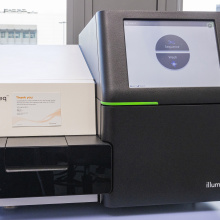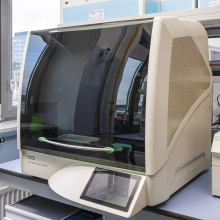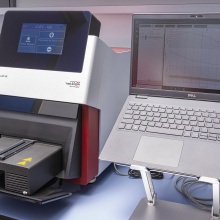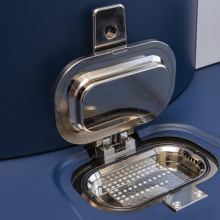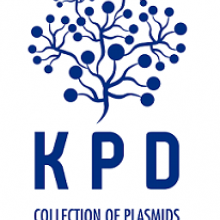Next-generation sequencing platform
An integrated system capable of performing a complete sequence of analyses starting from: (i) isolation of genetic material with appropriate parameters from a variety of samples (isolated pure cultures of microorganisms or consortia of microorganisms, clinical material, environmental samples), through (ii) preparation and quality control of NGS libraries to (iii) their sequencing using the MiSeq instrument (Illumina).

